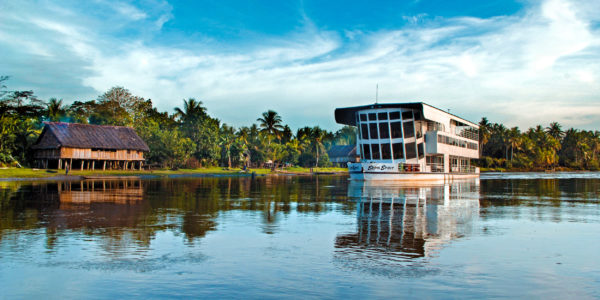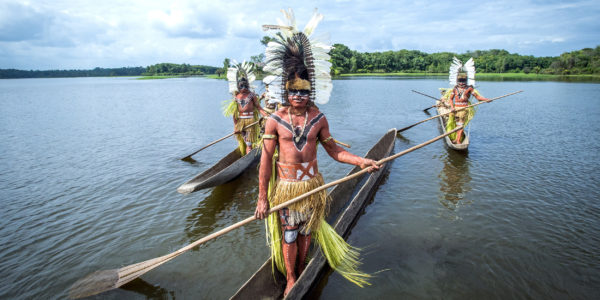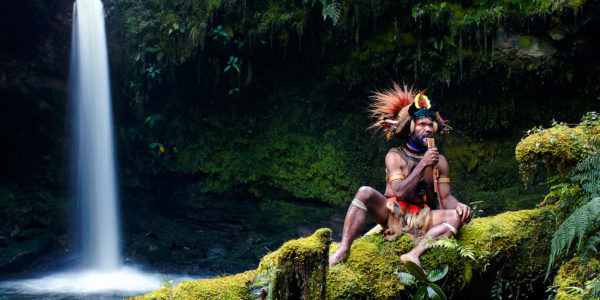Where Culture and Adventure Collide
Located in the southwestern Pacific on one of the world’s largest islands, only second after Greenland is New Guinea. With the western region of the island within the borders of Indonesia, on the east is the country of Papua New Guinea. Though Papua New Guinea is not the most accessible destination to explore, the difficulties are what draw explorers to the island. Dense rain-forests and active volcanoes make up most of the mainland surrounding tribal villages, many with their own native dialect. Adventure seekers and nature lovers will enjoy the many hiking trails, dense terrain, and diverse fauna. In contrast, culture enthusiasts will enjoy learning about some of the oldest cultures on the planet with face to face experiences.Be in the know before you go
Papua New Guinea
Entry Requirements
Tourists need a visa to enter Papua New Guinea (PNG). Visa regulations change from time to time. Currently, a 60-day tourist visa is available upon arrival in PNG for nationals of many countries, including the USA, Canada, and other countries in the Americas, the UK, and other Western European countries, Israel, Australia, New Zealand, Japan, and other Pacific countries. To acquire a visa upon arrival, eligible tourists need a passport valid for at least six months past their arrival date, proof of sufficient funds for their stay, and an onward airline ticket with confirmed bookings. At this time, there is no fee for a tourist visa on arrival. Tourist visas are not extendable.
Tourists eligible for visas on arrival have the option of acquiring their visa before leaving home through either the nearest PNG or, in some cases, an Australian, Embassy or Consulate. Contact the relevant diplomatic mission directly if you choose this option. The process may take several weeks.
Visitors from most other countries are not eligible for a visa on arrival. Tourists from countries not eligible for a visa on arrival need to check with the PNG Embassy or Consulate in their region. If there is no PNG diplomatic office, check with the Australian Embassy or Consulate.
Always check with the PNG or Australian Embassies for current visa requirements before leaving home.
If stopping at or even just passing through another country on the way to PNG, please check with the nearest Embassy of that country before departing your home country to ensure you have all the required visas and documents. Currently, Australia allows citizens of many countries, including the USA, Canada, Japan, and most Western European countries, to stop in transit for less than 8 hours without a visa. But if you are stopping for 8 hours or more, changing airports within Australia, or leaving the transit lounge, you will be required to have a tourist visa, which you must acquire before arrival in Australia. Note that there is no smoking allowed in any transit lounge in Australia. If you have long waiting hours and need to leave the transit lounge for any reason, you will require a visa. Visa requirements change from time to time, so always check with the nearest Embassy of the country in question for current details.
Health and Wellness
The only health requirement is a certificate of vaccination against yellow fever or cholera if arriving from or traveling through infected areas before arrival in PNG. Visitors are advised to take malaria precautions, but only your doctor can recommend and prescribe the appropriate medication for you. As a precaution, most travelers keep their tetanus, typhoid, hepatitis, and polio inoculations current. Although the problem of diarrhea and dysentery does not seem to be nearly as severe in PNG as in some of the neighboring Asian countries, you may experience diarrhea at some stage of your trip. This is normal for travelers whose bodies are adapting to strange food and water. In most cases, the problem is short-term, not severe, and is easily treated.




